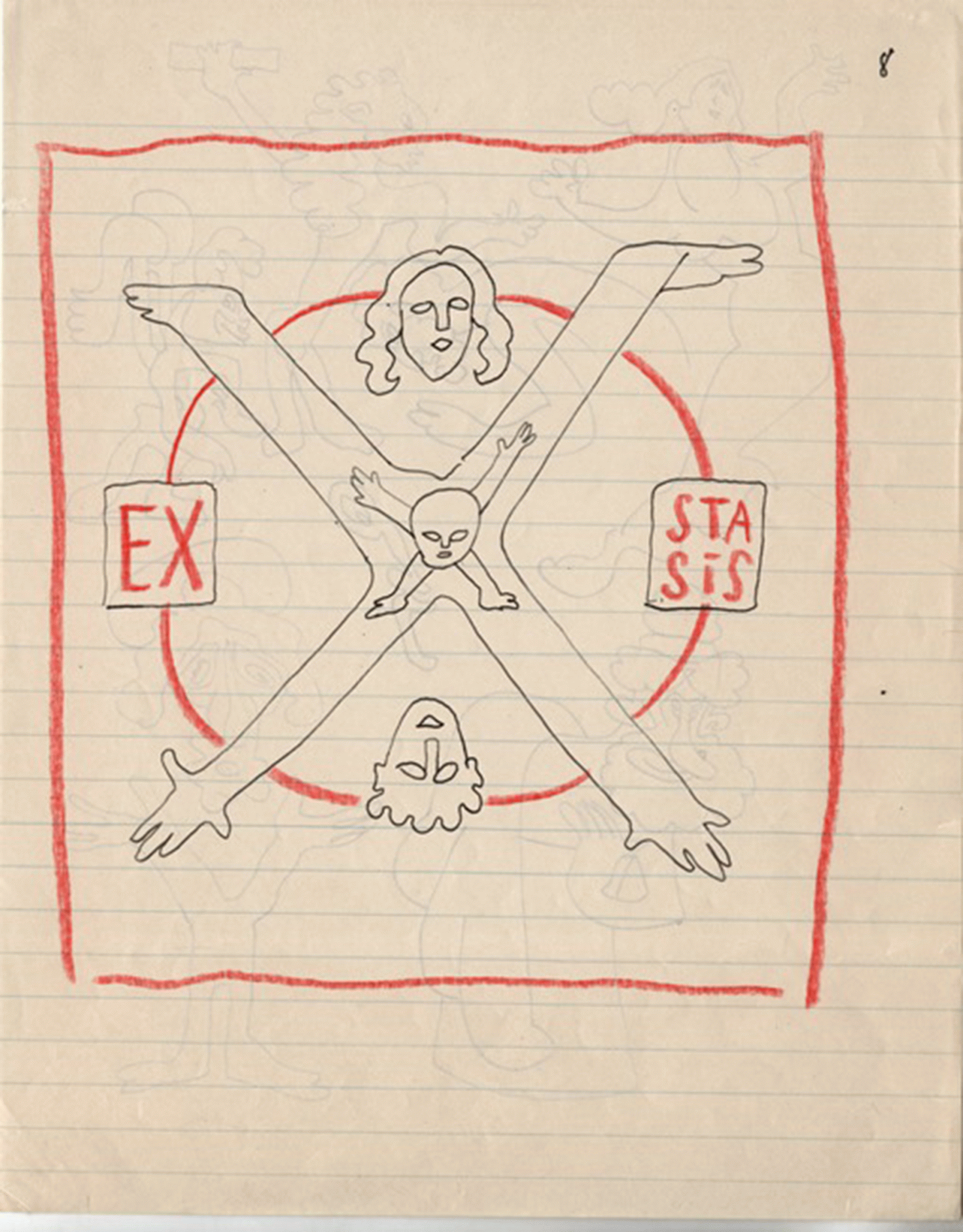Internationale Tagung
The future is our only goal. Revolutions of Time, Space and Image. Russia 1917 - 1937
on the occasion of the 100th anniversary of the October Revolution in 1917
Organized by Federica Rossi, Naum Kleiman and Gerhard Wolf

The Russian Revolution in October of 1917 marked a dramatic break with the past; after the Revolution the need to reorganize the country's very concept of culture, demolishing old symbols to create new ones, made the relationship between past and future especially fraught and particularly significant to the era. Property confiscated from the aristocracy following nationalization formed the core collections of new museums for which new display criteria were conceived, a subject which has yet to be thoroughly studied. These were years in which a new space – urban and rural, real and imaginary – was formed. New technologies were widely used to these ends, such as airplanes for disseminating images, i.e., aerial "leafleting," and so on. In the same period, internationally, figures such as Walter Benjamin and Aby Warburg developed the concept of the image, from "Pathosformeln" to the new possibilities of "the work of art in the age of its mechanical reproducibility."
This conference's goal is not to offer an exhaustive survey of Soviet art and culture for the 100th anniversary of the Revolution, but rather to address some specific aspects that have been overlooked by scholars, or that we consider particularly relevant, socially and aesthetically. The conference will analyze also some of the themes considered in the Uffizi exhibition Ejzenštejn: la rivoluzione delle immagini - In occasione del centenario della Grande rivoluzione socialista in Russia, curated by Marzia Faietti, Gianluca Farinelli, Pierluca Nardoni, and Eike Schmidt (7 November 2017 – 7 January 2018). The exhibition and the conference are part of the events of the "Settimana della Rivoluzione", organized by Gallerie degli Uffizi, the Kunsthistorisches Institut in Florenz – Max-Planck-Institut and Cineteca Comunale di Bologna, in Florence and Bologna from 7 November to 11 November 2017.
The themes of the conference's four sections cover a period from the 1910s to the 1930s: "Future of the past," (heritage: architecture and museums); "Imaginaire" (urban planning and utopian architectural projects, as well as photos, films, paintings, theatres, and the theme of the city; cultural Institution, media culture); "Landscape" (translating individual, utopian landscapes in a cross-cultural perspective); and "The revolution of images: between series and mobility" (Eisenstein, Warburg). Each section will be introduced by a short film specifically created on this occasion that will put together clips by different authors of the period.
The approach we have chosen does not cleave to the traditional, self-referential view of Russian culture favored by Soviet historiography, but rather aims to analyze the Soviet cultural context within the international scene. In this sense, Eisenstein is an exemplary figure, and we will discuss his relationships with other key figures, such as the Mexican artist and intellectual Miguel Covarrubias as well as Aby Warburg. Studies in the archives have produced new visual and textual documentation on Eisenstein, which will be presented during the conference, along with documentation on other key figures from the period. Well-known artists will be examined, as well as important people of the time, less familiar to Western scholars, including Alexey Shchusev, designer of Lenin's mausoleum, and Lev Rudnev, designer of Moscow State University, who found fertile ground in dialogues with different worlds.
Kooperationspartner
in Kooperation mit
09. – 10. November 2017
Istituto degli Innocenti
Sala Brunelleschi
Piazza della Santissima Annunziata
50121 Firenze
Hinweis
Diese Veranstaltung wird durch Fotografien und/oder Videoaufnahmen dokumentiert. Falls es nicht Ihre Zustimmung findet, dass das Kunsthistorische Institut in Florenz Aufnahmen, auf denen Sie erkennbar abgebildet sein könnten, für die Veranstaltungsdokumentation und Öffentlichkeitsarbeit (z.B. Social Media) verwendet, bitten wir um eine entsprechende Rückmeldung.


